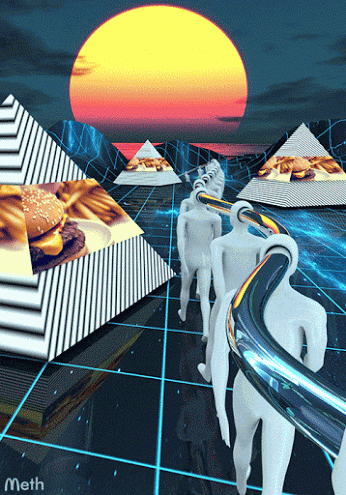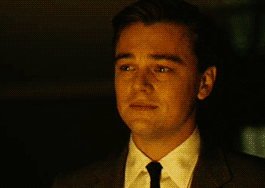Despite the fact that we are somewhat scared of the world depicted in the novel, our reality is far from ideal, and step by step we are entering a society that strikes a similar resemblance to the one of Huxley’s creation; for example, consumerism is an unavoidable truth of the modern era, where things are no longer built with the intention to make them last, but rather with a scheduled obsolescence as an inherent quality; we have been lead onto believing that we need that brand-new-anything, and so, we buy it as soon as possible.

Of course, this truth can cause discomfort, as we might wonder how close our society is to the one of “Brave New World”, an even bigger chagrin is to find out that there is no answer; technology like the one in the novel exists, the key element to it is that it has not been used to such extent or with the purpose of building a State around these advancements. After all, the whole point is to be aware and fully conscious about the way things should be in order to work for a better future, not to fight imaginary battles with today’s figures of authority nor shut ourselves out of the world we live in.
All of the previous considerations lead us here, having talked about nonconformity and whether it is an inherent characteristic of mankind, dystopia, the uniqueness of every human being and the consequences of the misguidance of it, as well as comparing our own society to the one in the book (even though a lot of topics were left out); the final question is: what do we consider as happiness?
In “Brave New World” the so called “true happiness” is limited to the fulfillment of our basic needs, no interest in knowing the truths of the world that came before; however, for those who want to find out, things are revealed and these “seekers” are exiled (not so simple, but in the end it is what happens).

Through the aforementioned circumstance it is possible to see the materialization of Huxley’s worst fear, which is the fact that books, novels, art, they all exist and are reachable, but nobody seems to care about it; the shallow way of living, the benefits of technology and the overall comfort provided by that controlled environment would be far too powerful for people to want to burst the bubble.
In the final chapters there is an interaction between two characters, one of which is one of the rulers of that society, whom gives an explanation to everything dissatisfying about the supposedly ideal system.
One of the arguments made by this character is that everything is made in order to favor happiness and stability instead of truth and freedom, even though he is far from fond on the idea of conditioning the development of human beings and deprive everyone from things as beautiful as classic poetry, because in order for them to understand it they would have to experience instability as well as concepts that no longer exist “in the name of human happiness”.
Finally, seeing the reasoning behind it all, proper analysis can be made regarding the topics discussed throughout this paper; even happiness (or the lack of sadness) does not constitute an ideal society, not on its own; we might encounter that the biggest obstacle for an Utopia is our own nature, but by changing the core of mankind dystopia is the only possible outcome.

Sure, freedom and truth can bring instability, but is stability a fair price to pay for being able to make relevant decisions? Do we rather be free and not experience “true happiness” fully or be predominantly comfortable with the blindfold placed before our eyes? It is upon us to make the best out of what we have, to work for the things that we believe in and to find stability within happiness, truth and freedom; of course, it is somewhat of an asymptote, but doesn’t the thought of it make it worth a try?
Congratulations @ebalza! You received a personal award!
You can view your badges on your Steem Board and compare to others on the Steem Ranking
Vote for @Steemitboard as a witness to get one more award and increased upvotes!